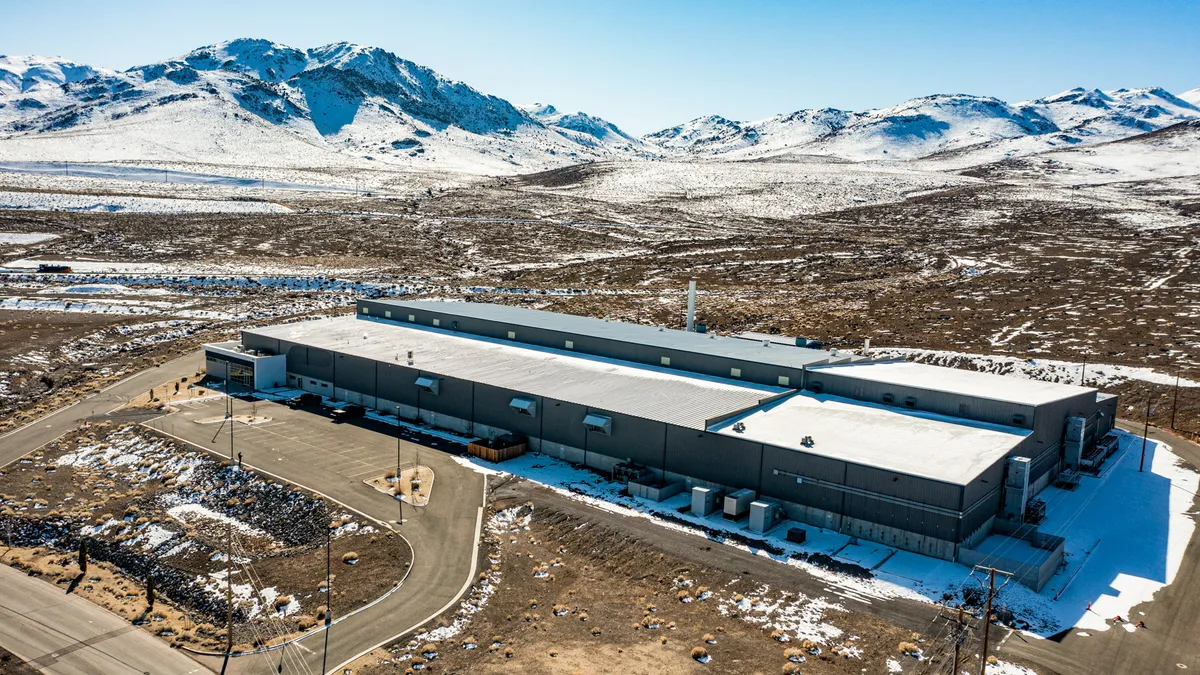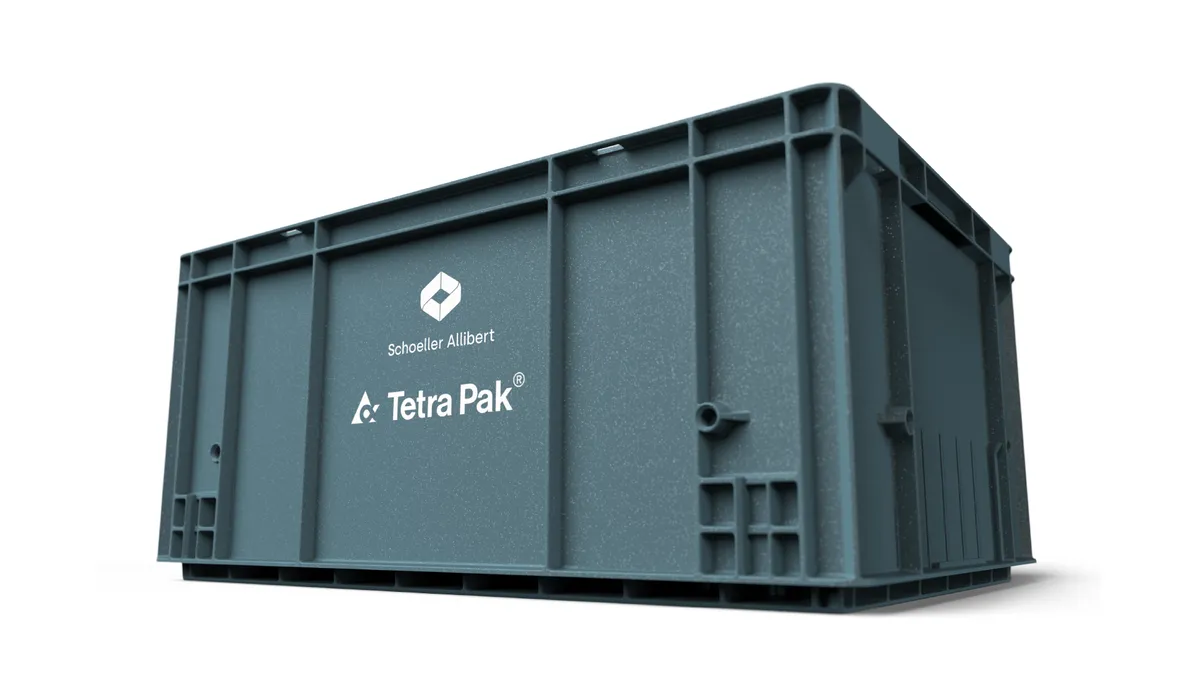Indiana is the latest state to pass a law reclassifying chemical recycling as a manufacturing process instead of waste management. Gov. Eric Holcomb signed SB 472 on Thursday, making it the 24th state with such a law.
The move follows a similar bill signed into law in Kansas earlier this month. Utah passed its version in March. The American Chemistry Council plays a major role in crafting and supporting the legislation.
The plastics industry and its supporters at the state and federal level see emerging technologies like chemical recycling as a key to creating jobs while keeping hard-to-recycle plastics out of disposal sites. Yet environmental groups say such laws won’t meaningfully reduce plastic in the environment and could allow chemical recycling plants to skirt important environmental regulations and set up in areas with disadvantaged communities.
Rhode Island decided to drop a similar chemical recycling bill last June, with Democratic lawmakers citing “serious unresolved questions” about the bill’s possible impact on the environment.
Chemical recycling — known by the plastics industry and described in most of the bills as advanced recycling — involves a group of technologies that break plastics down to the molecular level to be reconfigured into new plastics. Those processes could include pyrolysis, gasification, the use of solvents or other methods.
States establishing chemical recycling as manufacturing is just one part of the fight over how big a role the technologies will play in the country’s future plastics management efforts. The Federal Trade Commission indicated chemical recycling could be part of the discussion when it updates its Green Guides, a document meant to curb deceptive environmental marketing. ACC says it will submit recommendations to the FTC, including a survey it conducted with about 3,000 people, saying most Americans believe “advanced recycling is recycling.”
States considering extended producer responsibility bills are also debating where chemical recycling could fit into that process. New York’s governor recently advocated for chemical recycling to be considered a recycling process in the state’s new carpet EPR law, but that did not make it to the final version of the bill.
Lawmakers vote for advanced recycling as an economic driver
Some lawmakers that vote in favor of advanced recycling bills say the technologies could be a strong business tool in their state. During a Senate subcommittee hearing on plastics in March, Sen. Markwayne Mullin, R-Okla., called for further investments in the technologies and applauded his state’s recent adoption of a similar law, saying it opens the door for innovation and could help create jobs.
Back in Indiana, state Sen. Mark Messmer said he sponsored the new bill as a way to “bring green collar jobs to our local economy, boost tax revenue from business investments, and reduce plastics in landfills and our environment.”
Plastics manufacturer Berry Global is headquartered in Evansville, Indiana. The company applauded the state’s bill passage as a way to boost its manufacturing of numerous products made with chemical recycling, such as food packaging it produces for food brand Mondelēz.
“We are excited for potential new advanced recycling capacity in Indiana,” said Robert Flores, Berry’s vice president of sustainability, in a statement. “Laws such as this will foster growth in the technology so we can continue to increase the circularity of plastic products.”
Environmental pushback continues
Not every state has been as enthusiastic about these chemical recycling bills as Indiana. When the Rhode Island legislature killed a similar bill in June, Speaker K. Joseph Shekarchi and House Majority Leader Chris Blazejewski issued a joint statement, explaining that the state had recently passed numerous environmental protection bills and felt the advanced recycling bill as written was a “step backward” from that progress. ACC said a “misinformation campaign” led to the bill’s demise.
Debates over the processes are also playing out at the federal level. In February, a group of 48 federal lawmakers called on the U.S. EPA to reject chemical recycling as a plastics management solution and focus efforts on reduction and reuse. Some of those lawmakers had backed the Protecting Communities from Plastics Act, a bill that aimed to further regulate the plastics manufacturing industry, temporarily pause permitting for certain facilities and create incentives for more reuse and refill programs.
Others supported the Break Free From Plastic Pollution Act, legislation that also included calls for a temporary freeze on permitting for new plastics production facilities so the federal government can investigate their health and environmental impacts.
Neither the Break Free or Protecting Communities bills passed last year, and they have not been reintroduced this year.
Opponents of chemical recycling also do not want the technologies used to create fuel, a position most major recycling and plastics groups say they also agree with. Several of the state bills, including the Utah, Indiana and Kansas bills, state that the term “advanced recycling” does not include incineration of plastics, energy recovery processes or products sold as a fuel.
Indiana’s new law recognizes independent, third-party certification systems to trace, measure and verify recycled plastics made from advanced recycling.






















